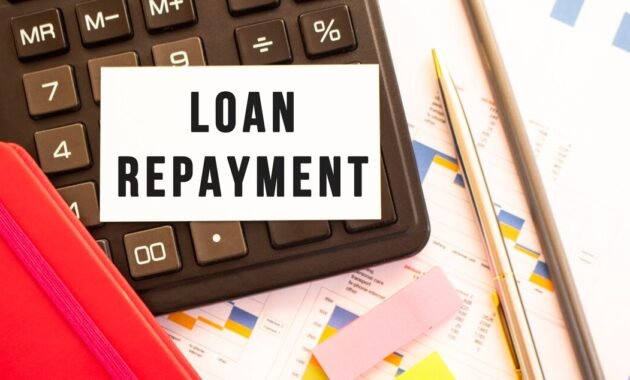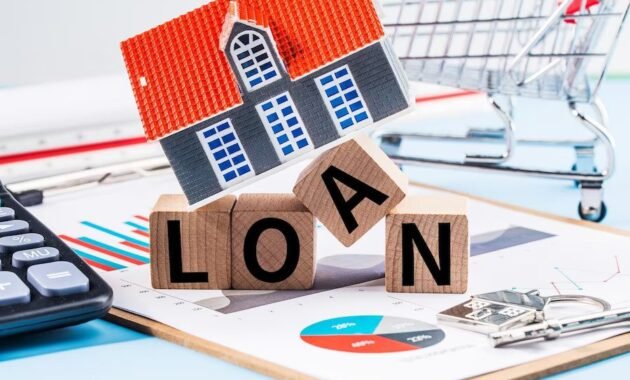Emergency Loan : In a world of financial unpredictability, having a safety net becomes crucial. Emergency loans serve as vital lifelines, designed to swiftly provide financial relief when unexpected situations arise. The array of options available can be both advantageous and challenging, raising the question: Which emergency loan suits you best? By delving into the intricacies of different loan types and grasping your specific circumstances, you can make an informed choice that aligns with your needs.
Exploring Various Types Of Emergency Loans

- Personal Loans: These versatile loans are a popular option for handling emergency expenses. They offer quick access to funds without requiring collateral, thanks to a straightforward application process and flexible terms. Lenders generally evaluate your credit history, income, and financial stability to qualify you. The interest rates may vary, but the extended repayment period allows manageable installments. Individuals with excellent credit scores often enjoy more favorable rates and terms.
- Payday Loans: Designed for short-term needs, payday loans provide immediate cash, typically repaid on your next payday. However, this swift accessibility comes with higher interest rates and potential fees. Payday loans suit urgent situations, but borrowers should review the terms carefully and ensure they can meet repayment obligations.
- Line Of Credit: A line of credit acts as a financial safety cushion. Once established, you can access funds up to a predetermined limit whenever required. Interest accumulates only on the utilized amount. This option offers convenience and flexibility, letting you address emergencies without repeated application processes. However, mismanagement could lead to debt accumulation.
Factors To Consider When Selecting An Emergency Loan

- Interest Rates And Fees: Before committing to a loan, comprehending the interest rates and associated fees is crucial. While personal loans often offer lower rates, payday loans may have higher costs due to their short-term nature. Assess the overall cost to determine repayment feasibility.
- Repayment Terms: The loan repayment duration can impact your choice. Longer repayment periods might suit larger amounts, while shorter terms could be better for smaller loans. Align repayment schedules with your financial capabilities.
- Application Process And Approval Time: During emergencies, time is critical. Opt for a loan with a streamlined application process and quick approval timeline. Online lenders and fintech platforms often expedite approvals, ensuring timely fund availability.
Assessing Your Financial Situation

- Evaluating Emergency Urgency: Not all emergencies demand immediate funds. Categorize urgency levels to decide if a personal loan’s longer processing time is acceptable or if you need the speed of a payday loan or line of credit.
- Considering Your Credit Score: Your credit score plays a pivotal role in loan approval and interest rates. Good credit scores grant access to favorable terms, while lower scores may require exploring options tailored to your credit profile.
Tailoring Loan Choice To Your Circumstances

- Emergency Loans For Unforeseen Medical Expenses: Medical emergencies strain finances. Consider personal loans or lines of credit for adequate medical bill coverage with manageable repayment terms. Prioritize lenders understanding medical urgency.
- Loans For Sudden Job Loss: During unexpected job loss, a line of credit can cushion until stable income is secured. This avoids immediate repayment needs, providing breathing space during challenges.
- Emergency Loans For Home Repairs: Home repairs demand swift action. Personal loans or lines of credit swiftly offer necessary funds for essential repairs, ensuring residence safety and livability.
Also Read : What Is The Wise Method To Pay Off A Loan?
Conclusion
Choosing the right emergency loan involves assessing your financial needs, circumstances, and preferences. Understand different loan nuances and their alignment with your situation to navigate unforeseen challenges confidently. Remember, each person’s financial journey is unique. Diligently explore options to choose an emergency loan supporting stability and peace of mind.
FAQs
1. What is an emergency loan?
An emergency loan is a type of short-term financing designed to provide quick access to funds during unexpected financial crises.
2. What types of emergency loans are available?
Emergency loans can come in various forms, such as personal loans, payday loans, credit card cash advances, and even specific medical or disaster relief loans.
3. How do I know if I need an emergency loan?
If you’re facing unexpected expenses like medical bills, car repairs, or urgent home repairs and don’t have enough savings, you might consider an emergency loan.
4. Are emergency loans always the best option?
Emergency loans can be costly due to high interest rates and fees. Before taking one, explore other options like borrowing from family or friends, using a credit card, or seeking assistance from nonprofit organizations.
5. How quickly can I get an emergency loan?
Some lenders offer quick approval and funding, sometimes within a day. However, be cautious of lenders promising instant loans, as they might have hidden fees or very high interest rates.
6. What are the risks of emergency loans?
High interest rates, short repayment terms, and potential for debt traps are the main risks associated with emergency loans. Failing to repay on time can lead to further financial struggles.
7. What credit score do I need to get an emergency loan?
The required credit score can vary depending on the lender and loan type. Some emergency loans, like payday loans, may not require a credit check, while others, like personal loans, will consider your credit history.
Source Image : Freepik.com